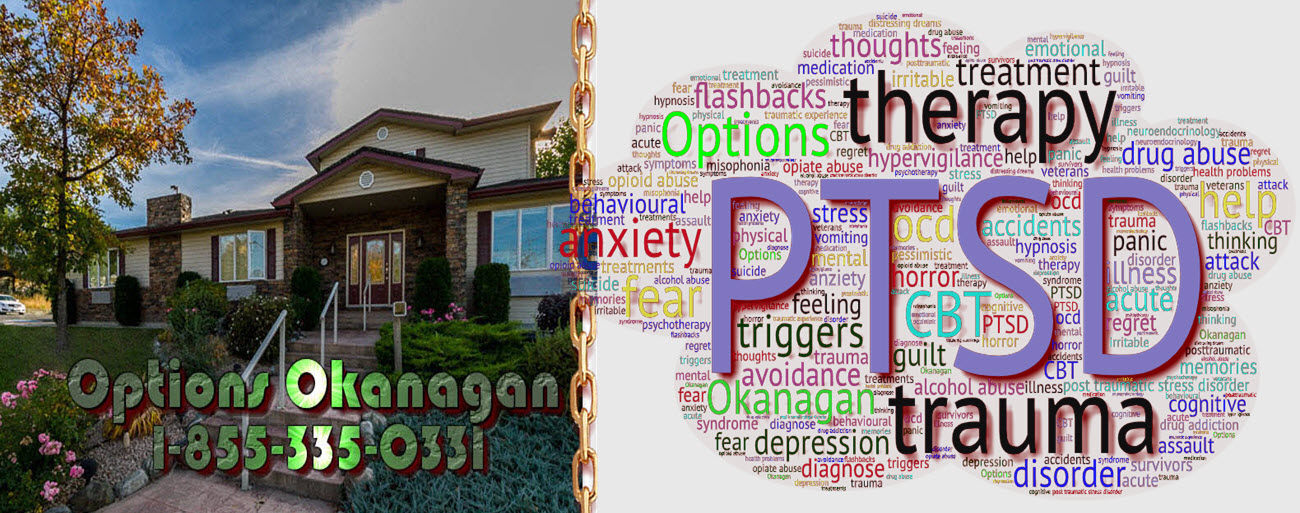Alcohol consumption, addiction and the stress during a pandemic – Dealing with alcoholism. Alcohol addiction rehab treatment clinics programs in Alberta and British Columbia – Options Okanagan Treatment Centers in Kelowna and Salmon Arm (Shuswap), British Columbia treating drug opiate and alcohol addiction and recovery.
Alcohol Rehabs In Alberta And BC
Therapists who specialize in substance abuse have found that alcohol consumption under stress appears to be increasingly acceptable in today’s society. With a vast media industry dedicated entirely too catchy sayings about “drinking”, from home accessories to clothing, society seems to not only accept but expect people to drink to cope with everyday stressors. When a person becomes angry, anxious, or depressed, they may be tempted to reach for a drink to relieve the tension. If someone is overjoyed by good news and wants to be rewarded with a celebration, they also expect to have a drink or three at the same time. Some may jokingly claim to have a “mixed emotional drink,” but the truth is that drinking alcohol is not an adequate or sustainable way to manage emotions.
There are also many catchy phrases about coffee that attracts attention like “Depresso: The feeling you get when you’ve run out of coffee”, and may seem trivial and harmless at first, but actually increasing excessive caffeine intake, to the surprise of many, is also addictive and can trigger anxiety as well. If a person really needs caffeine every morning, it may indicate that the individual has a severe addiction that needs to be addressed. It is even worse when someone’s life motto is, “Coffee Keeps Me Going Until It’s Time For Wine.” In fact, one needs to find other ways to wake up in the morning and calm down at night, other than relying on stimulants and sedatives to control mood.
A recent study was published in 2021 found that adult alcohol consumption rose 16 percent during the COVID-19 crisis. With the pandemic lagging behind, it is no wonder many individuals now get the urge to reach for alcohol as a stress reducer. Not only does isolation lead to more anxiety and rounds of depression, but people also spend a lot more time with their electronic devices or vices some call it, electronic messages entice individuals to drink more. What is even more surprising is that the drinking slowly progressed from one drink to too many drinks at a time. An alarming statistic was uncovered about women, a 43 percent increase in heavy alcohol use among women during the COVID-19 outbreak.
Addiction treatment providers have heard many stories of relapse due to feelings of isolation and fear of the pandemic. However, these sometimes heartbreaking stories also make it clear that many people who drank too much during quarantine days are now seeking treatment.
The pandemic is forcing many people to work from home. It is this unique situation that lead many people to finally seek the treatment help they needed. Often family members notice unhealthy behavior in the household. The pandemic has allowed these family members to pay more attention to their relatives’ drinking habits that might otherwise go unnoticed. Often, family members initially recognize my clients and eventually encourage them to seek the help they need. For some, their alcohol addiction can easily escalate if their loved ones cannot see and observe their patterns. Addicts should thank family members for speaking up and motivating them to seek treatment.
Make no mistake about it, alcoholism is a progressive disease. For those who are starting to notice that their tolerance has increased, or that their “favorite drink is next the drink” or that other areas of their lives are starting to become confusing, and the need or desire to drink, it may be time to see a therapist for a consultation. The reality is that it will only lead to more destruction, and life is too important and there is more to the individual than wasting away filling the body with toxins. Yes, alcohol = poison!
If you need help, seek professional advice. Help is available to those who seek it.
Alcohol Consumption And The Stress During A Pandemic
Options Okanagan Opiate and Alcohol Treatment Centers in Kelowna, Salmon Arm and Vancouver, British Columbia – Men and Women are recovering and healing from Alcohol and Drug Abuse at our treatment center here in the Okanagan right now.
Our unique and distinctive Opiate Drug and Alcohol treatment program allow men and women to come in from Calgary as well as Edmonton as we offer airport pickup.
Numerous clients come to us from Vancouver, Calgary, and Edmonton and other locations in Alberta and even other provinces for Opiate addiction treatment, heroin drug treatment, many other drug and alcohol addictions for rehabilitation because of the uniqueness of our treatment center.
Our (Kelowna ) Alcohol and Drug Treatment Program Location:
(Not Mailing Address) Contact Us – Web Page
For Mail Delivery :: Please contact each center for correct mailing addresses, also this location is the location of our residential treatment programs in Kelowna. Please call Toll Free 1-855-335-0331 to contact the treatment center you are going to for the address and directions.
Options Okanagan Drug and Alcohol Treatment Center
551 Sherrydale Crescent, Kelowna, British Columbia, V1V 2E6
Toll-Free Phone Number: 1-855-335-0331

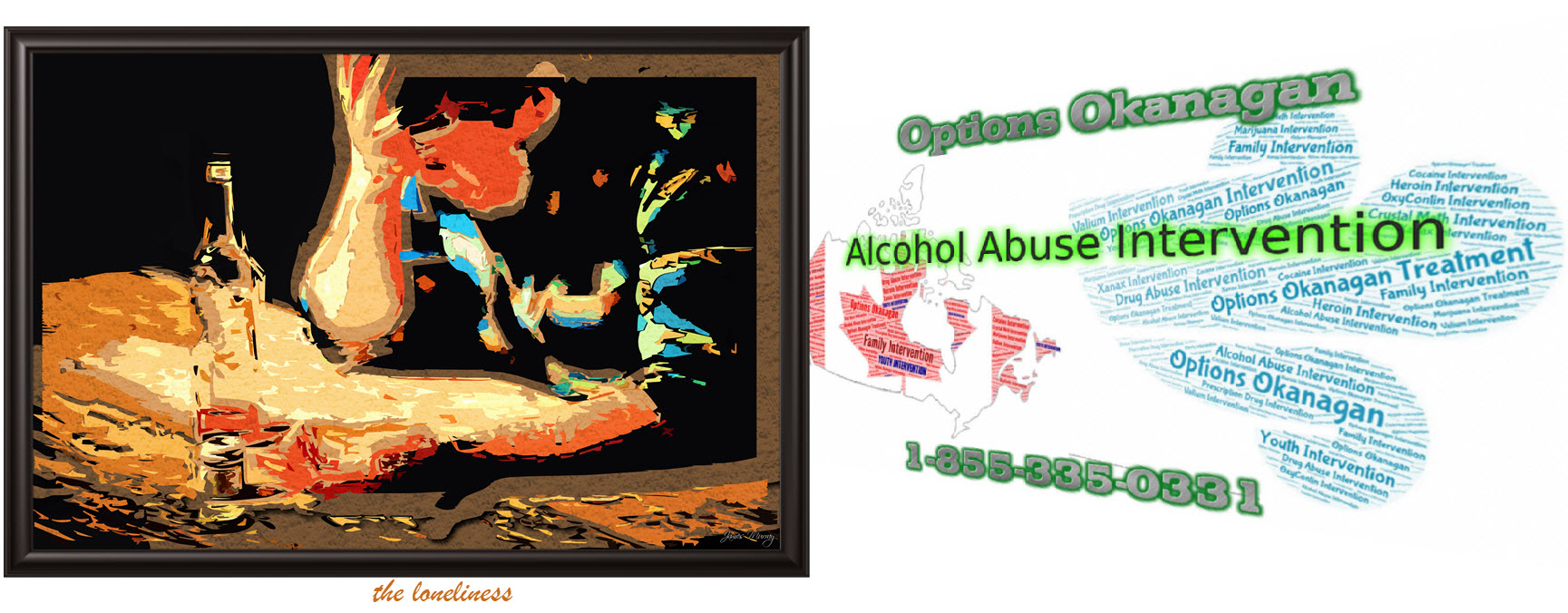

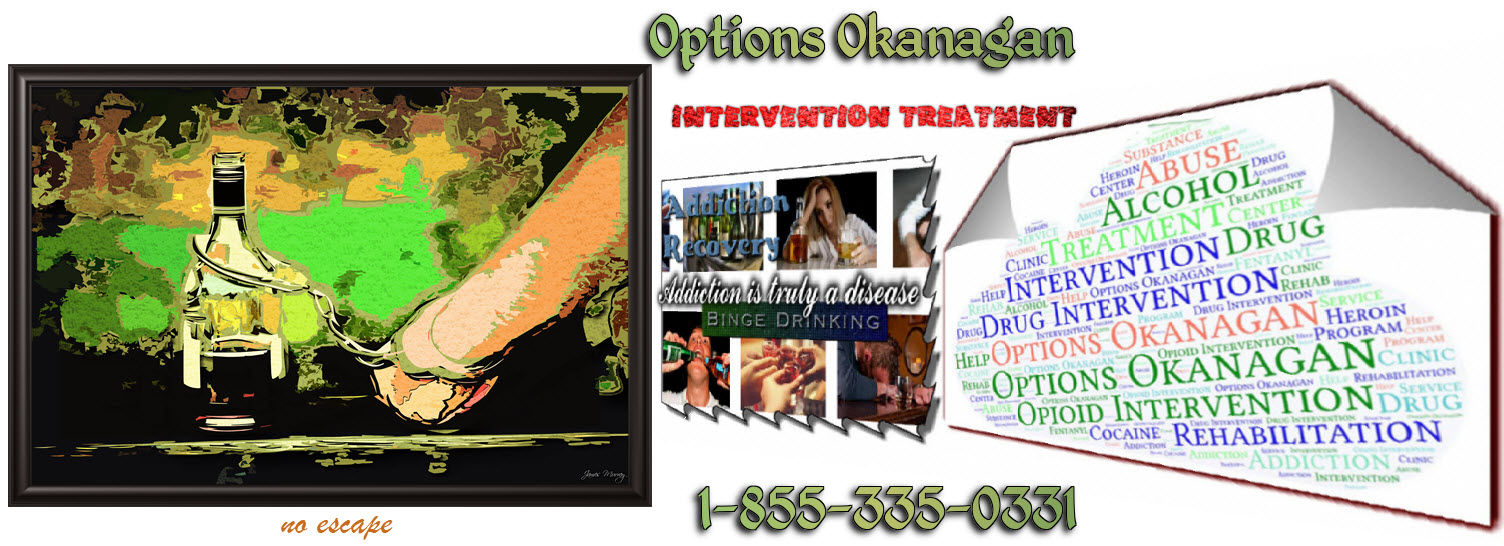

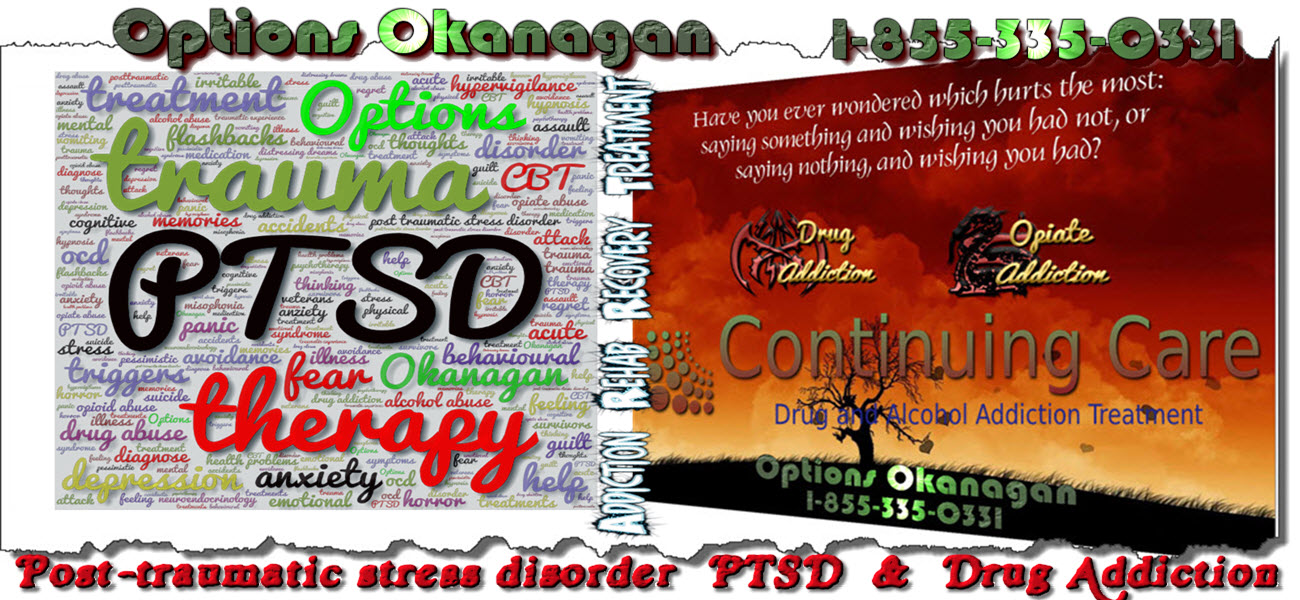
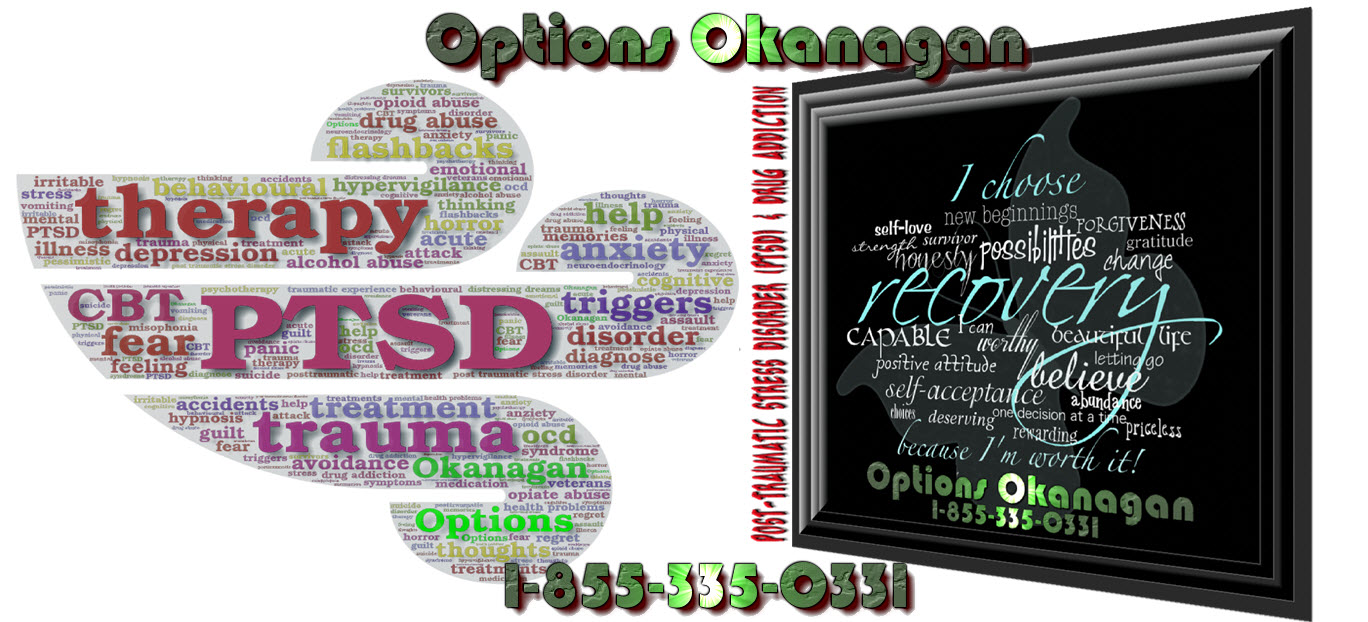
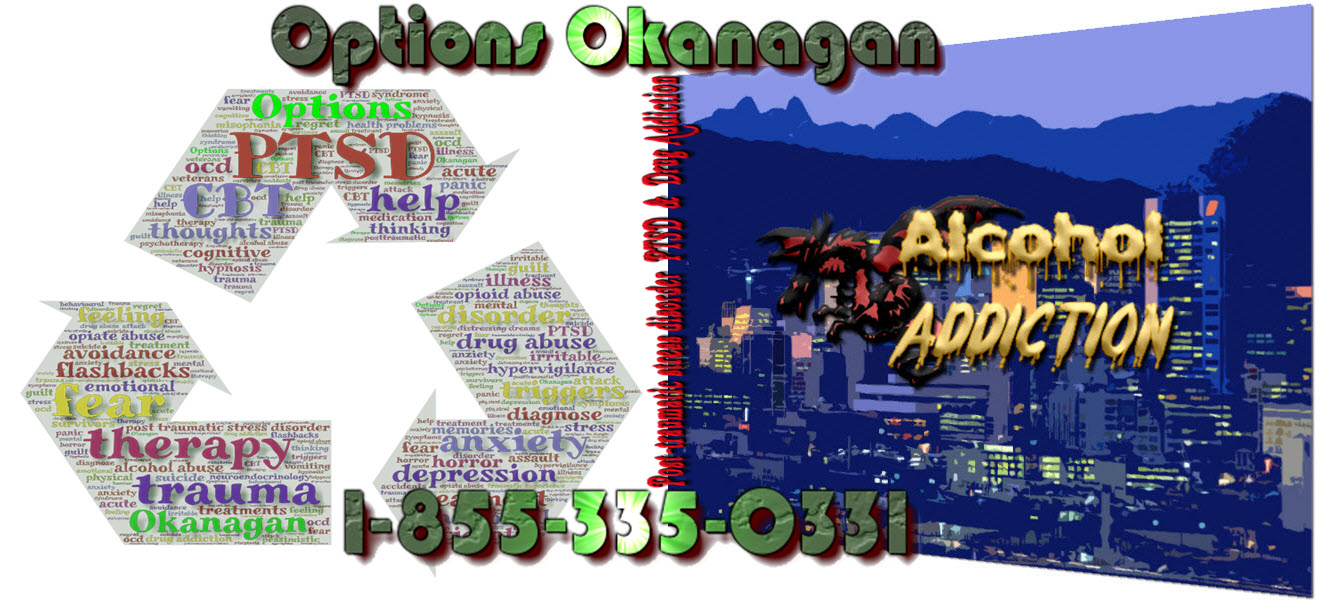
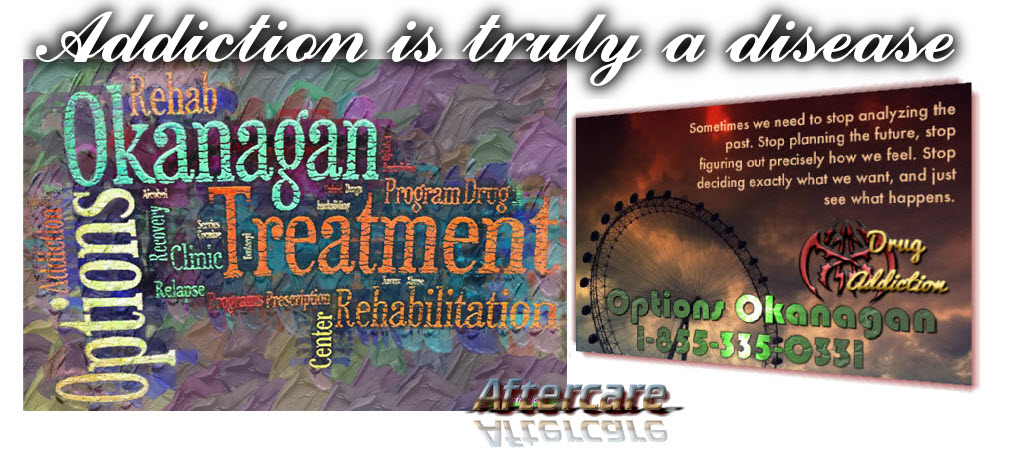
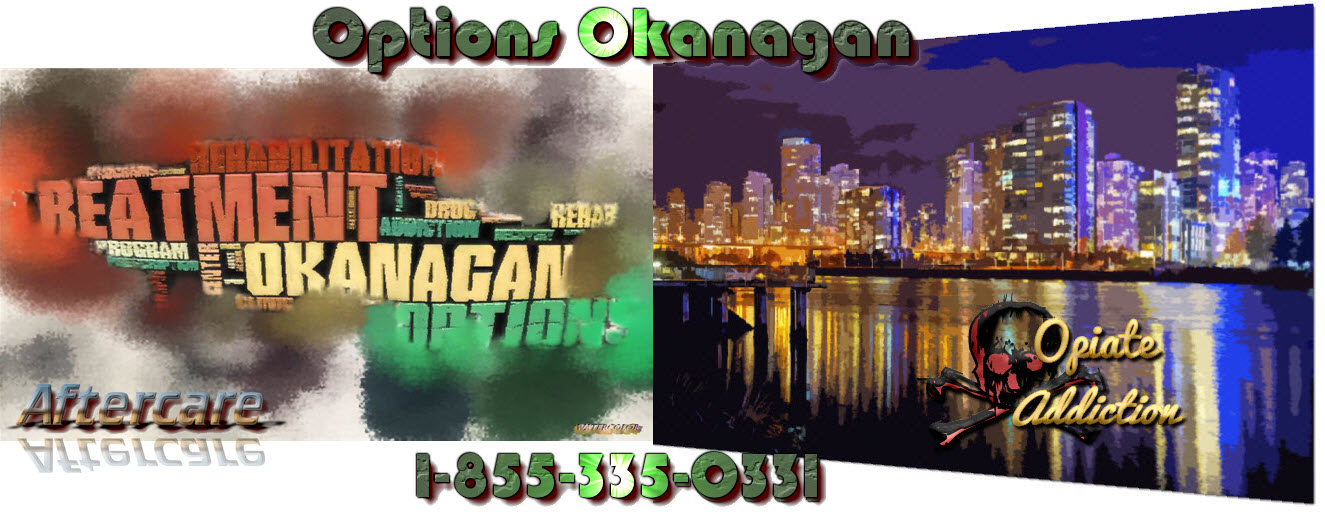
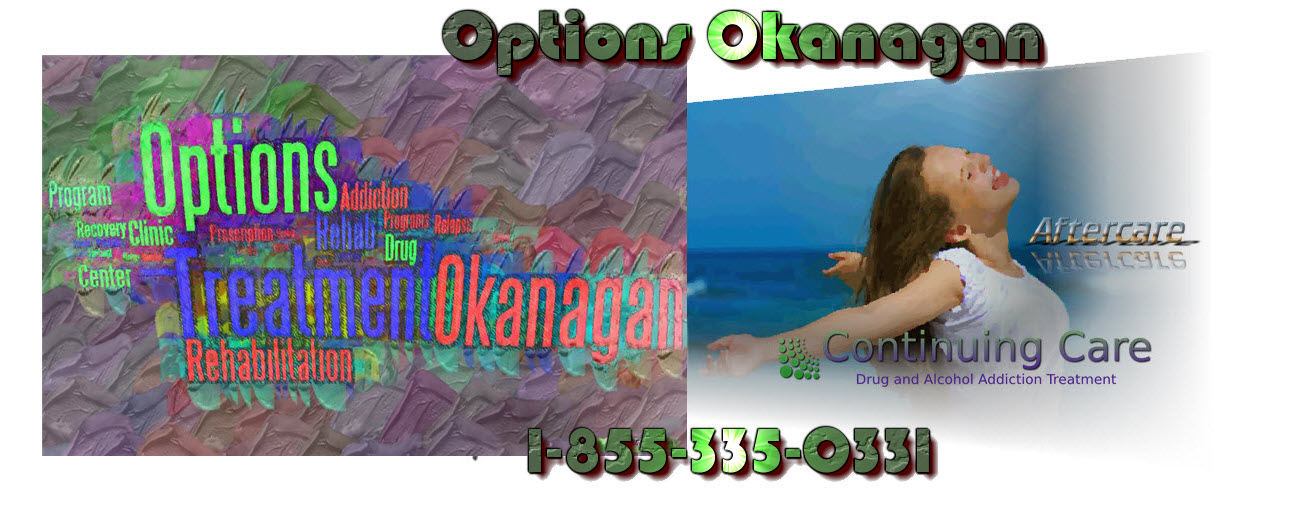
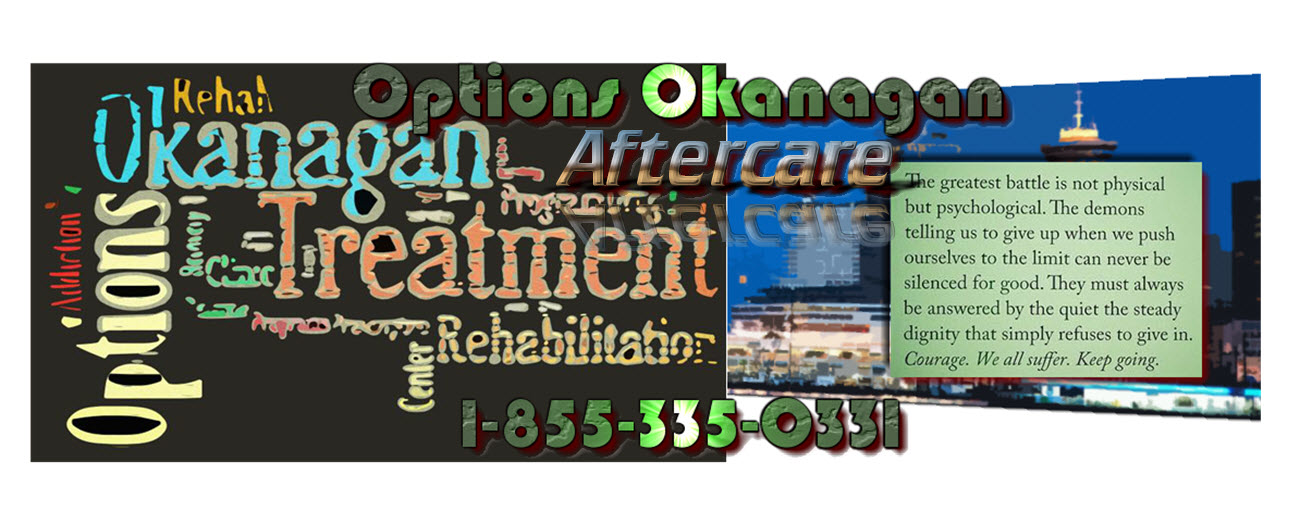

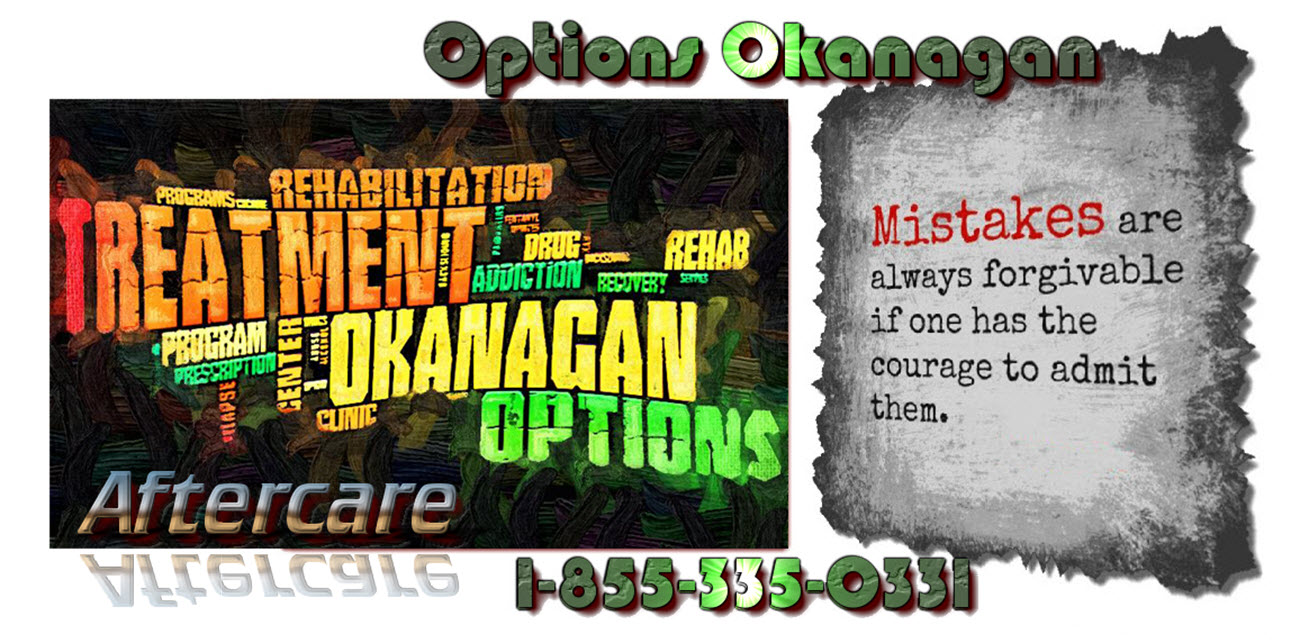
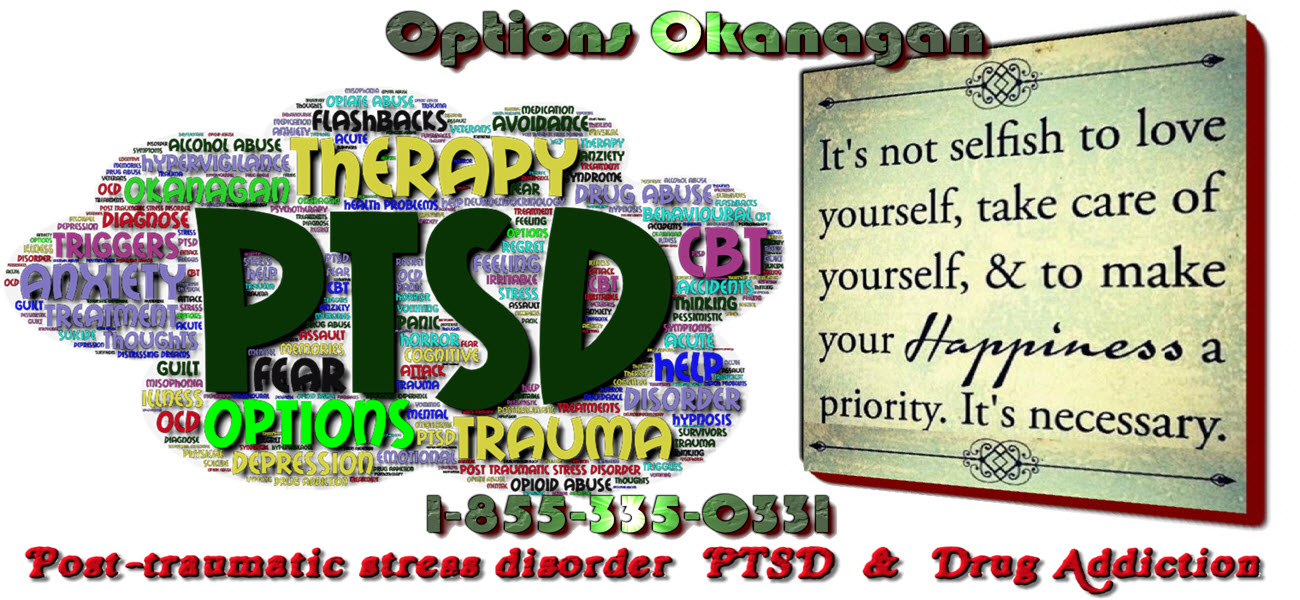
 or Mental Health Disorder Treatment Programs in BC and Alberta - Options Okanagan.jpg)
